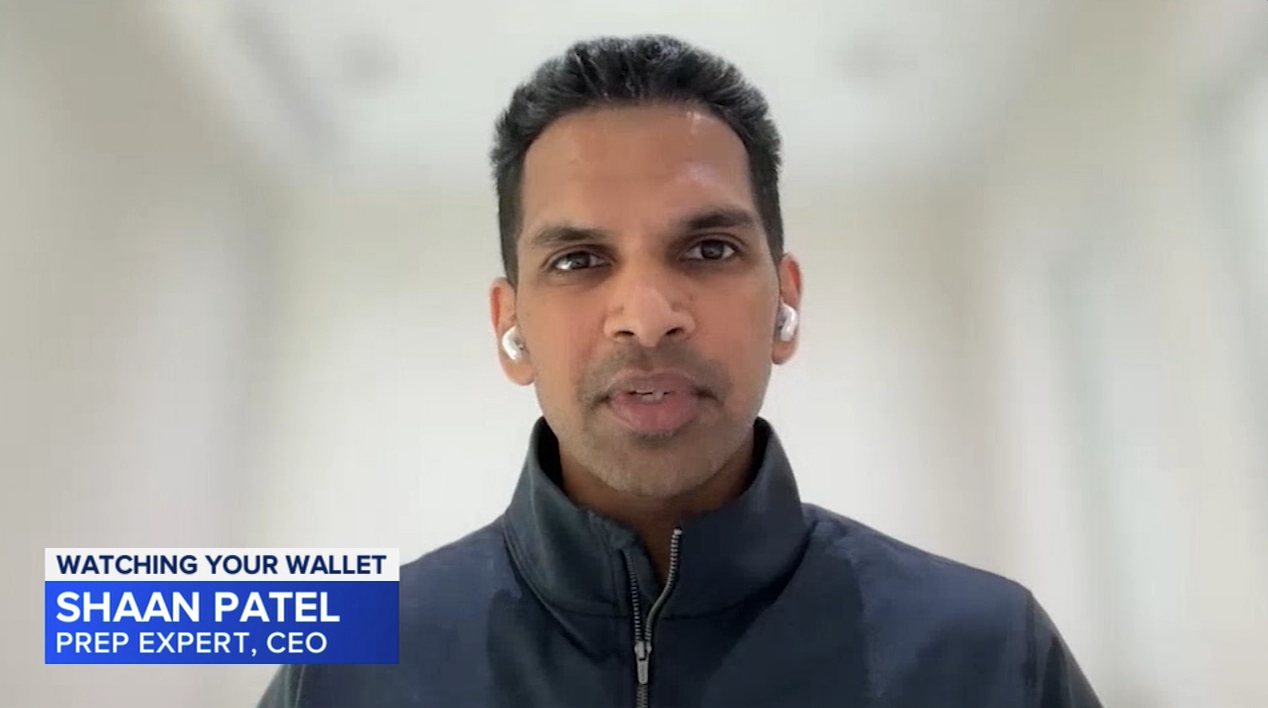Make Inferences, Not Assumptions, on the SAT
If you struggle with the SAT Reading and Writing sections, listen up! We have a tip that could help you boost your score without any additional studying required. All you have to do is pay attention and put in a little practice.
Here’s the key: On the SAT, you need to make inferences, not assumptions. Read on to learn the important difference between an inference and an assumption along with several simple strategies you can use to make better inferences on test day.
Assumptions Vs. Inferences
Everyone guesses on the SAT. No matter how much you study, it’s nearly impossible to know the precise answer to every question. That’s why it’s important to learn the right way to guess before you actually take the test. Honing your ability to make accurate guesses could massively impact your score, bumping it up by several points. But, if you want to become better at guessing, you have to understand the difference between an assumption and an inference.
So, what makes inferring different from assuming? In the context of the SAT, an assumption is a deduction that is not based on any evidence from the passage. When you make assumptions, you may go beyond the scope of the written text, often leading you to select an incorrect answer. An inference, on the other hand, has specific evidence that supports it in the passage. Inferences are much more likely to lead to correct answers than assumptions. For that reason, you must make sure that the answer choices you select as you take the SAT Reading and Writing sections contain evidence from the text to support them.
How to Make Accurate Inferences on the SAT
Below, we have compiled a list of strategies to help you make better, more accurate inferences when you take the SAT. Check it out!

1. Read Carefully
When we say “read carefully,” we aren’t just referring to the passages themselves. You must also pay close attention as you read questions to make sure you fully understand what they’re asking. Some questions may be worded in a confusing way in an attempt to deliberately lead you in the direction of a wrong answer if you don’t read closely.
Once you’re sure you understand the question, you can turn your attention to the text. Note the relationships between different elements of the passage as well as any details that could be relevant to the question you’re trying to answer. Reading the questions beforehand can give you a better idea of what to look for as you analyze the text.
2. Watch for Context Clues
If you know you’re going to have to guess on a question, context clues are your best friend. They can provide the hints you need to narrow your choices and make a more accurate inference. Pay attention to key words and phrases that appear throughout the passage and indicate important relationships like cause-and-effect, comparisons, or contrasts.
Examples of cause-and-effect words and phrases include:
- Because
- Since
- Thus
- Hence
- Consequently
- Therefore
- Accordingly
- As a result
Examples of words and phrases that point toward a comparison include:
- Like
- As
- Similarly
- Likewise
- Alike
- Parallel
- Corresponding
Examples of words and phrases that point toward a contrasting relationship include:
- However
- But
- Despite
- Although
- Conversely
- Instead
- Better/Worse
- More/Less
- Than
If you spot the words on these lists in the passage, the question, or the answer choices, you may be able to use them to make a better inference.
3. Use Prior Knowledge Wisely
Obviously, it’s a good thing to enter the SAT with as much prior knowledge about the subject matter as possible. However, you have to be careful not to let that knowledge trick you into making assumptions. Even if you think you know the answer to a question off the top of your head, it’s wise to double check the passage that corresponds to the question to make sure it contains evidence to back up that answer. Otherwise, you’ve made an assumption, which could be incorrect in the context of that specific question.
Remember, the SAT is designed to trick you, so you have to back up your answers with solid evidence to guarantee you made the right choice.
4. Eliminate Obvious Distractions
Speaking of the SAT trying to trick you, there will also be answer choices created to trip you up and lead you down the wrong path. Avoid these answer choices entirely by eliminating them when possible. If answer choices contain information that is irrelevant to the question, they will most likely be incorrect. Try to narrow down your options by considering which choices align most closely with the evidence in the passage and the question being asked.
5. Highlight Relevant Information
As you read, underline or highlight information relevant to the questions asked about the passage. This will make it easier for you to reference the information quickly as you choose your answer rather than having to skim through the entire text again to pick out what you need. If you are taking the digital SAT, there are virtual tools you can use to mark sections of the passage for later.
6. Practice As Much As Possible
It may not seem like it, but making inferences is a skill. And, the more you practice any skill, the better you will be at it. Practice making inferences as you complete your SAT practice tests. Be sure to expose yourself to a variety of passages and questions so you won’t be tripped up by an unfamiliar question on test day.
As you practice, remember to seek out evidence within the passages to back up any guesses you make. This will help you naturally grow into the habit of making inferences instead of assumptions when you don’t know the correct answer without a doubt.
Learn to Ace the SAT with Prep Expert®
If you’re getting ready to take the SAT, you may want to make practicing skills like making inferences part of your regular study routine. In addition to studying the actual subject matter on the test, honing your SAT skills and strategies can be the push you need to take your score to the next level.
Luckily, Prep Expert® has a whole catalog of SAT prep courses designed to help you learn and develop those skills. Taught by expert instructors, our courses show you extraordinary tips and tricks that you can use on the SAT, ACT, and any other test you take in the future.
For even more SAT tips you can’t find anywhere else, you can check out perfect scorer and Prep Expert® CEO Dr. Shaan Patel’s hand-crafted resources, including his free webinar, 7 Strategies For Parents To Help Your Child Earn $100,000+ College Scholarships & Ace The New 2024 Digital SAT, and his brand new SAT prep book, Prep Expert® Digital SAT Playbook: Winning Strategies to Achieve Your Dream Score.
Written by Dr. Shaan Patel MD MBA
Prep Expert Founder & CEO
Shark Tank Winner, Perfect SAT Scorer, Dermatologist, & #1 Bestselling AuthorMore from Dr. Shaan Patel MD MBA

Ivy League Applications: What Sets A Student Apart
Every year, tens of thousands of students apply to Ivy League schools. Only a small fraction receive an offer of…

The Student Loan Rules Just Changed—And Most Families Aren’t Ready
By Dr. Shaan Patel, CEO & Founder of Prep Expert® Student loans have always been complicated. But starting in…

Confidence Is the Hidden Score Booster No One Talks About
Most students think SAT® and ACT® success comes down to knowing more math formulas or grammar rules. That’s only half…